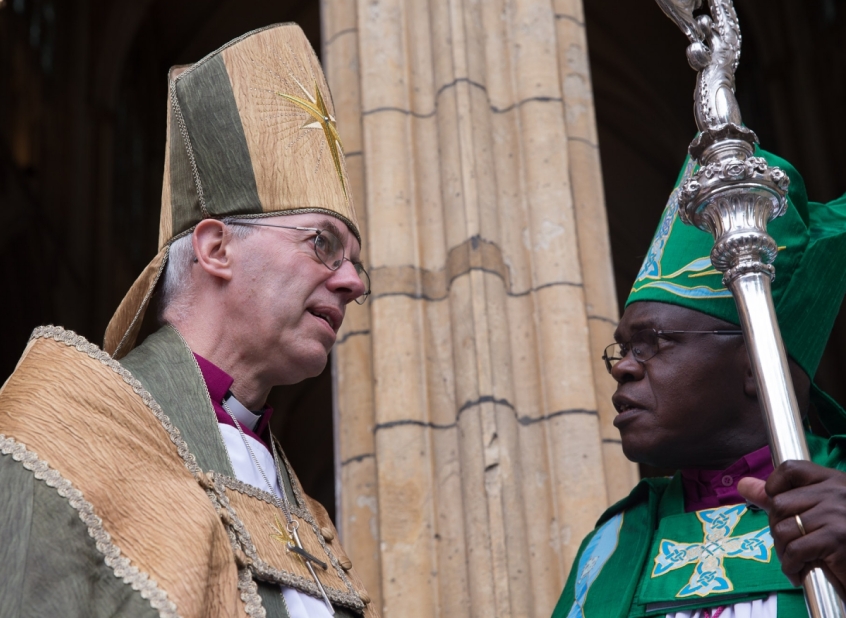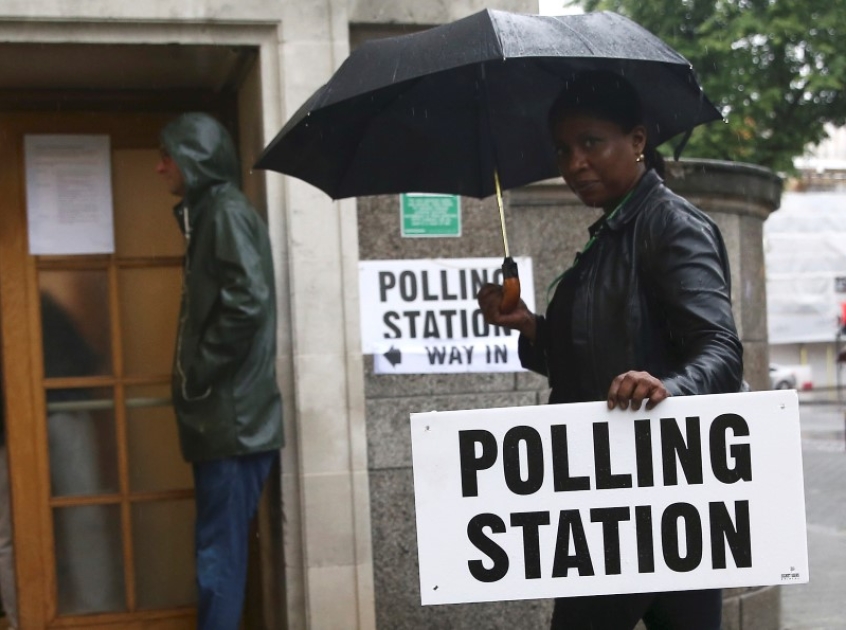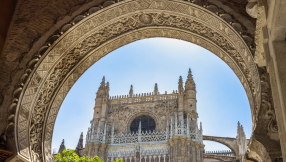The Archbishops of Canterbury and York are calling on politicians to take faith seriously if they are to defeat terror and extremism in their first major intervention on the general election.
Justin Welby and John Sentamu's three-page letter to churches says religion must play a central role in this election as they urged voters to 'set aside apathy and cynicism'.

Addressing immigration, housing, education, the economy as well as backing the commitment to spent 0.7 per cent of government income on foreign aid, the wide-ranging letter put the importance of religion in public life as its central message.
'Contemporary politics needs to re-evaluate the importance of religious belief,' they write, demanding an 'improvement of religious literacy' among politicians and journalists.
'The assumptions of secularism are not a reliable guide to the way the world works, nor will they enable us to understand the place of faith in other people's lives,' they write.
In an implicit defence of Liberal Democrat leader Tim Farron and other politicians who have been criticised for their beliefs, the Anglican leaders say a politician's religious faith must 'not be treated by opponents as a vulnerability to be exploited.
'We look forward to a media and political climate where all candidates can feel confident that they can be open about the impact of their faith on their vocation to public service.'
The evangelical Lib Dem faced repeated questioning after refusing to say whether he thought gay sex was a sin. He eventually said that he did not think it was.
But attacking religion in politicians will only fuel extremism and terrorism, the Archbishops warn.
'Political responses to the problems of religiously-motivated violence and extremism, at home and overseas, must also recognise that solutions will not be found simply in further secularisation of the public realm,' they say.
'Mainstream religious communities have a central role to play; whilst extremist narratives require compelling counter-narratives that have a strong theological and ideological foundation.'

The letter to be read across the Church of England tackled issues such as immigration housing and education but was cautious not to give away any political leaning.
They say the election is set against 'deep and profound questions of identity' and post-Brexit Britain offers a rare opportunity 'to renew and reimagine our shared values as a country'.
They write: 'The Christian virtues of love, trust and hope should guide and judge our actions, as well as the actions and policies of all those who are seeking election to the House of Commons and to lead our country.'
Urging churchgoers to back a 'deeper concern for the weak, poor and marginalised, and for the common good' at the ballot box the Archbishop say 'education for all', 'solutions to our housing challenges' and a 'flourishing health service' are all crucial.
They say parties must look to build an 'outward looking and generous country, with distinctive contributions to peacebuilding, development, the environment and welcoming the stranger in need.'
They warn against an 'economy over-reliant on debt', in an apparent jibe at Jeremy Corbyn's plans for mass borrowing but also said the 'need for a just economy is clear'.
On immigration the Archbishops say: 'Offering a generous and hospitable welcome to refugees and migrants is a vital expression of our common humanity, but it is not without cost and we should not be deaf to the legitimate concerns that have been expressed about the scale of population flows and the differential impact it has on different parts of society.
'The pressures of integration must be shared more equitably.'
The letter comes 33 days before the UK goes to polls on June 8.













